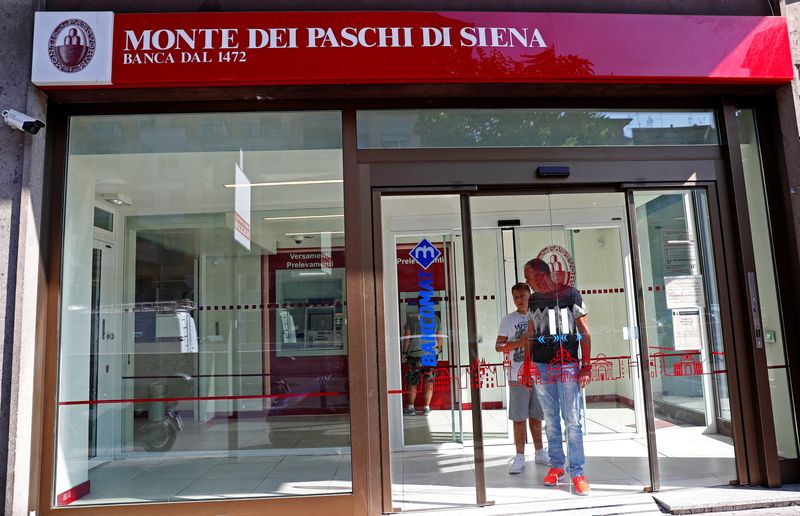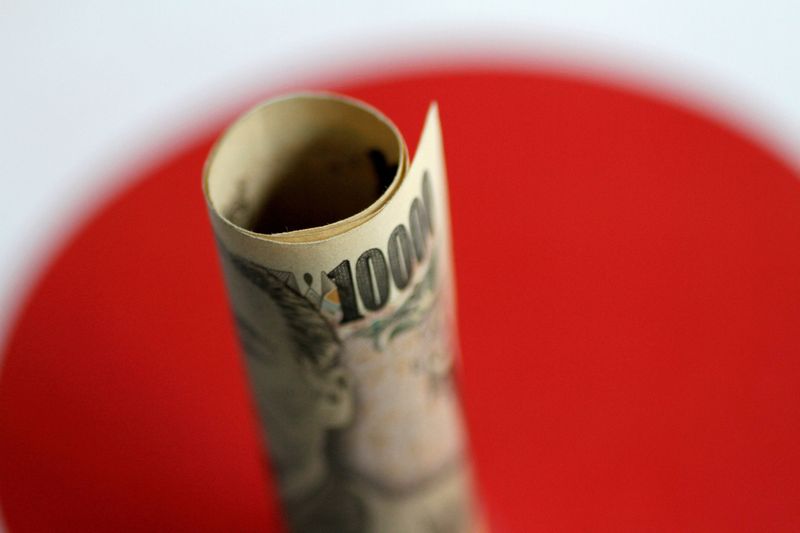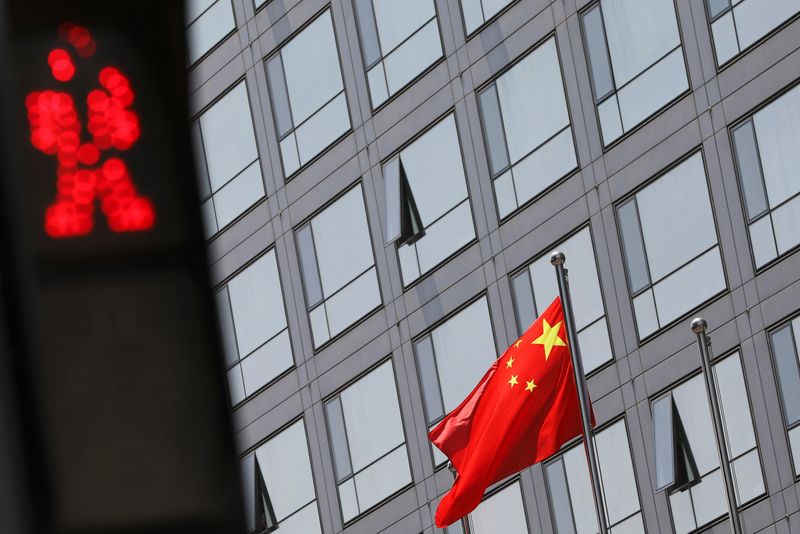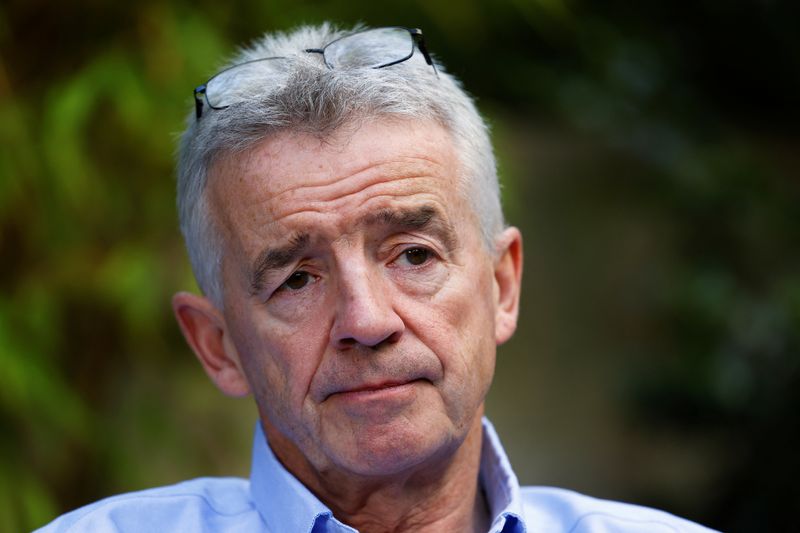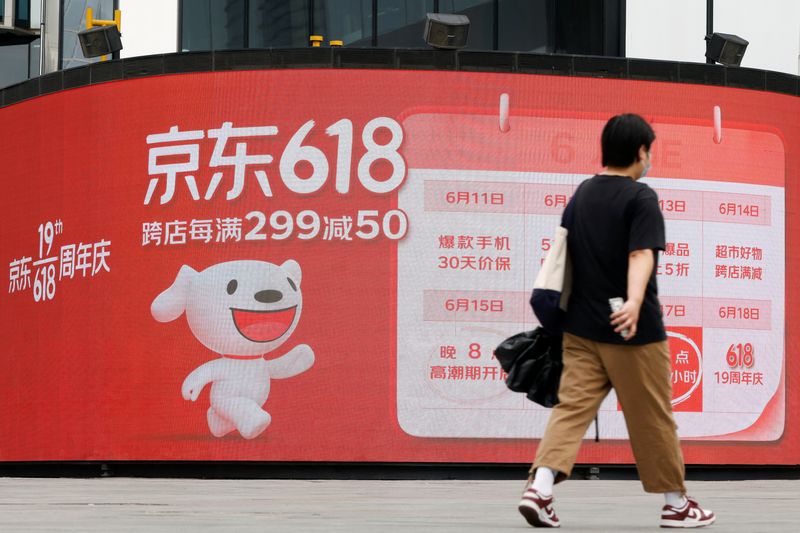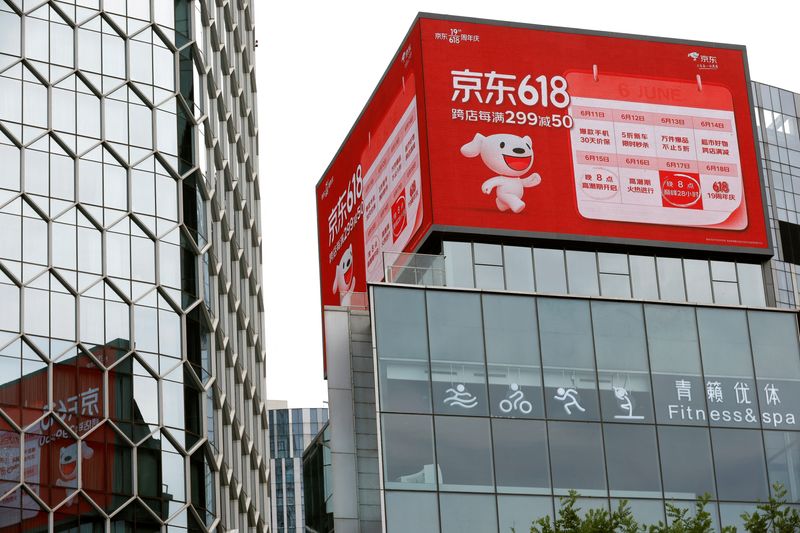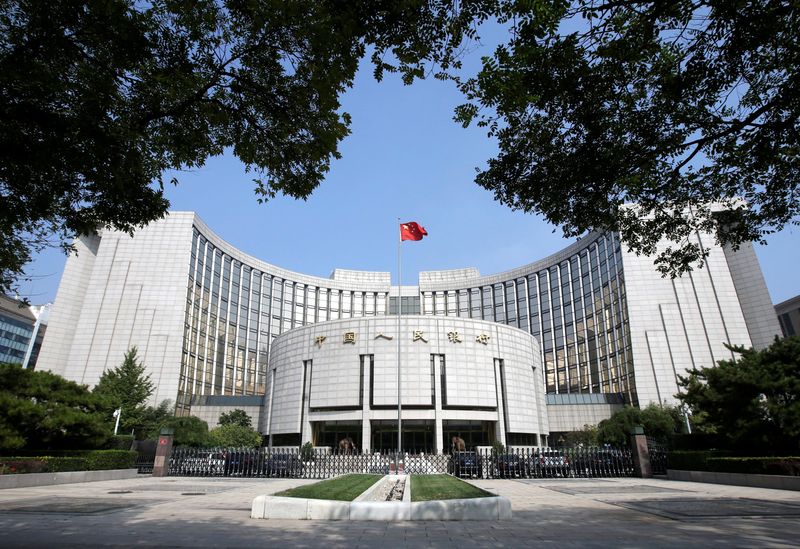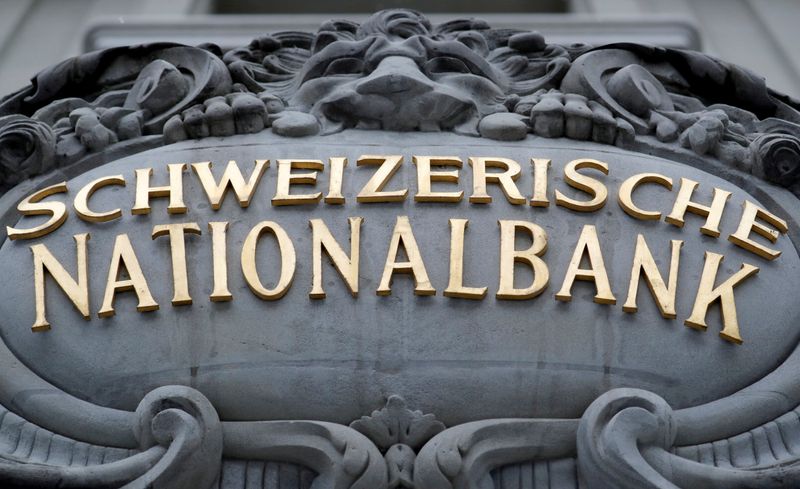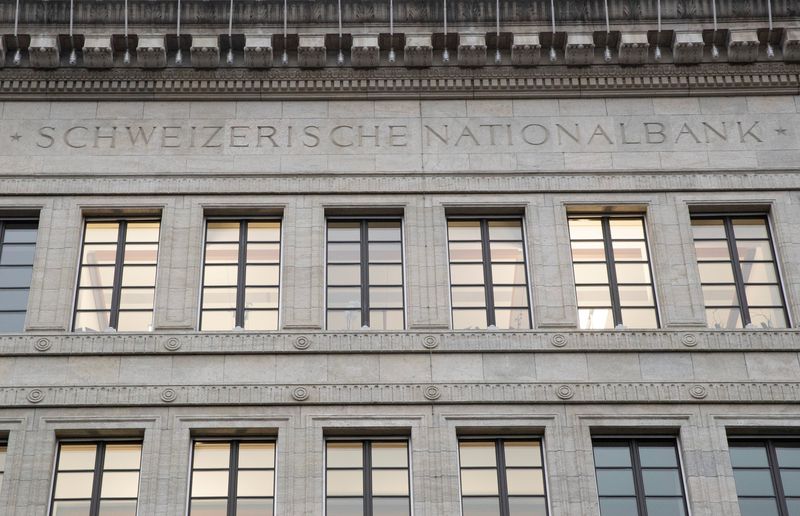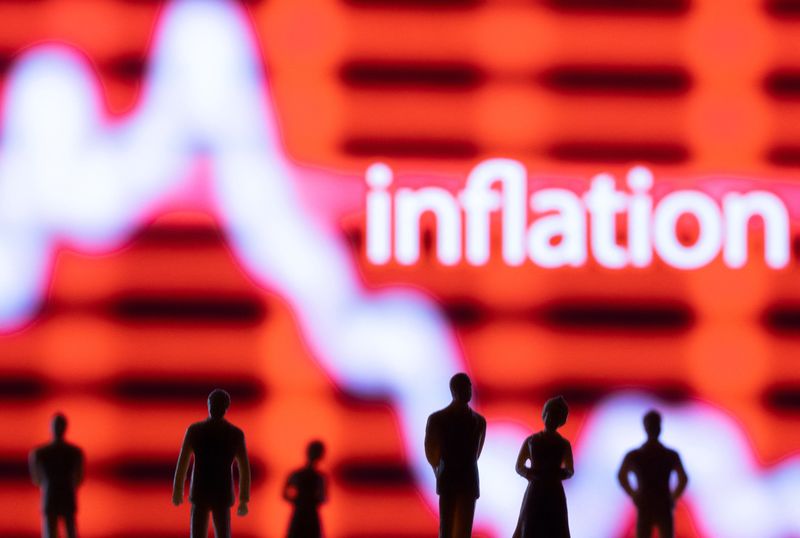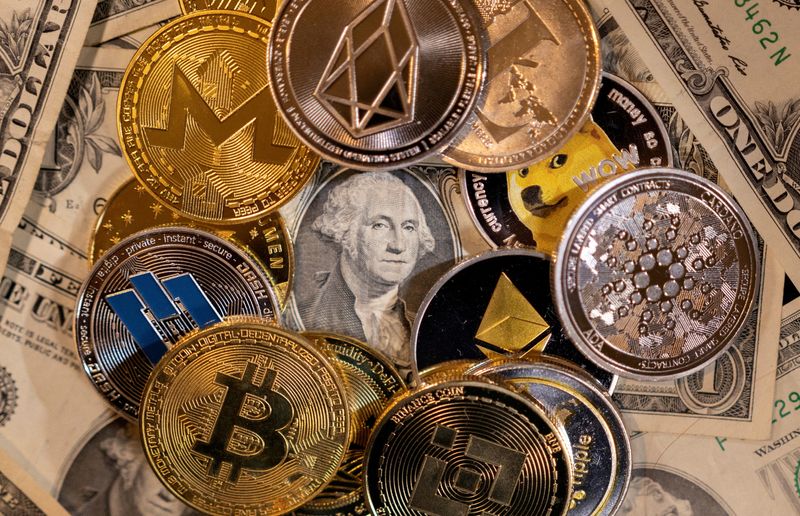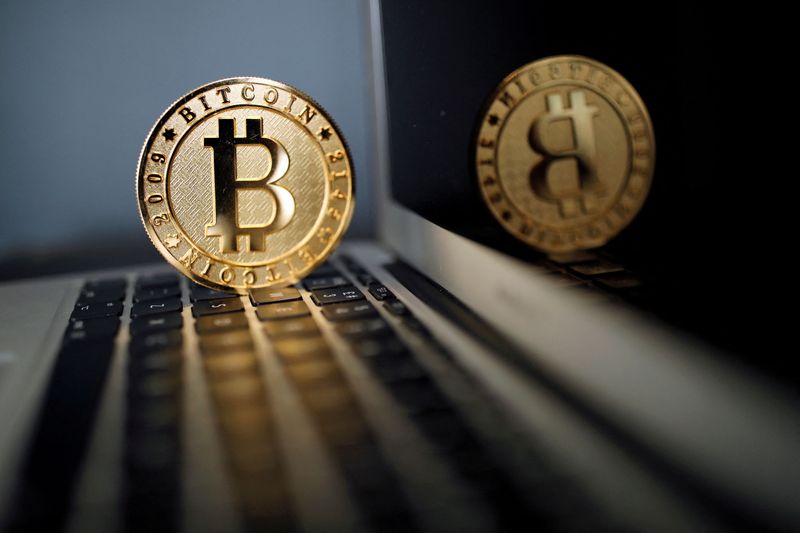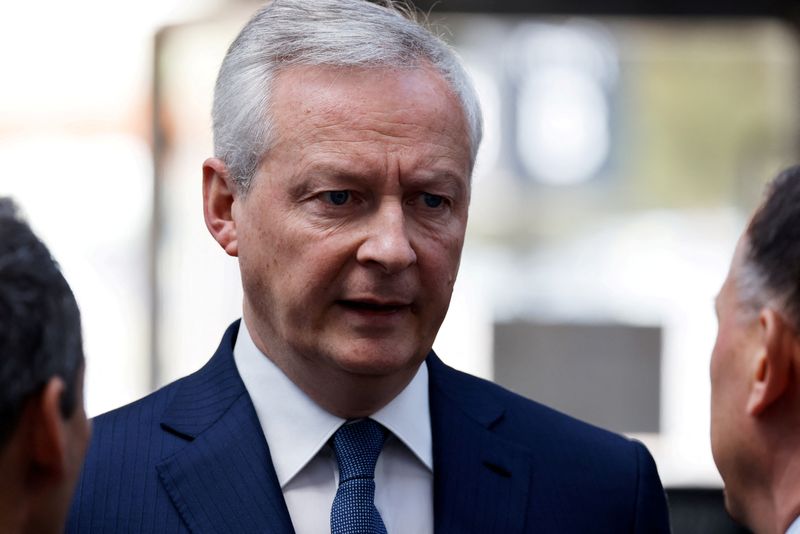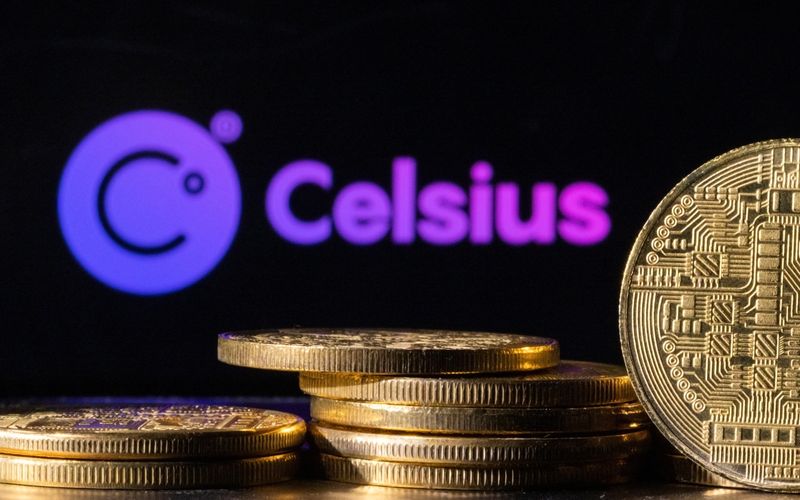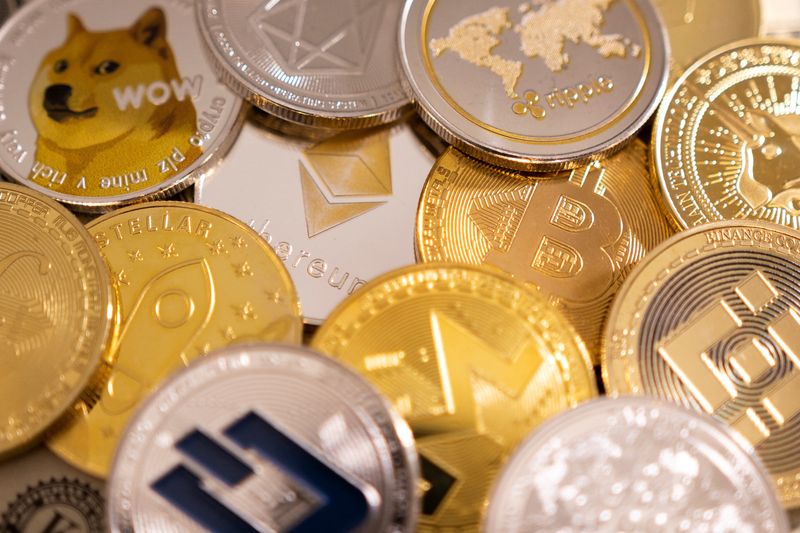BERLIN -Germany’s cartel office is looking into Apple’s rules on tracking for third-party apps to see whether they give the U.S. tech giant preferential treatment or hinder other companies, it said on Tuesday.
“We welcome data-friendly business models that give users choices about how their data is used,” said cartel office president Andreas Mundt. “However, a company like Apple, which can unilaterally set the rules in its ecosystem and especially in the App Store, should make them in line with competition.”
In question is Apple’s App Tracking Transparency (ATT) framework, which requires users to give additional consent to having their data collected through tracking on apps that are not from Apple, according to the cartel office.
Tracking allows apps to collect user data and can be used for advertising purposes, such as personalized advertising.
A spokesperson for Apple said the company would work constructively with the cartel office to resolve any issues and discuss its approach to tracking rules.
The spokesperson added that ATT does not stop companies from showing ads while also allowing users to control their privacy.
Under new regulations that came into force in 2021, the regulator can ban companies that have particular market weight from carrying out practices that harm market competition.
The office has meanwhile used the instrument to also open proceedings against Facebook, Amazon and Google.
(Reporting by Nadine Schimroszik, Writing by Miranda MurrayEditing by Madeline Chambers and David Evans)

